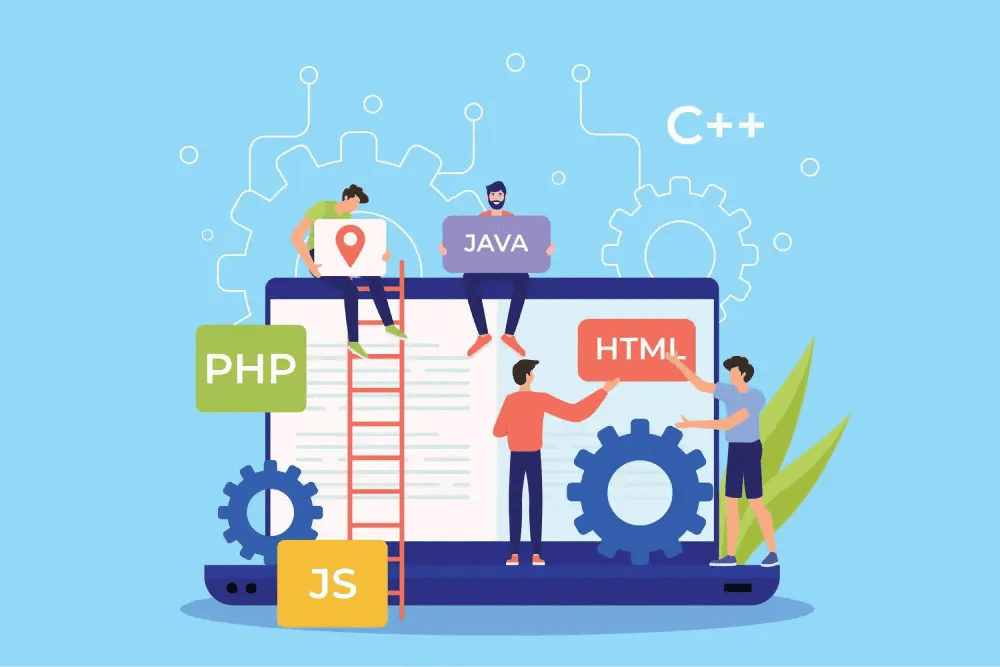
PHP: Powering the Web with Versatility and Reliability
PHP (Hypertext Preprocessor) is a server-side scripting language that has played a pivotal role in web development for over two decades. Known for its versatility and reliability, PHP continues to be a cornerstone of the web, powering millions of websites and web applications.
One of PHP’s key strengths is its ease of use. It’s a beginner-friendly language, making it accessible for developers of all levels. PHP seamlessly integrates with HTML, allowing developers to embed dynamic content within web pages effortlessly. Its syntax is simple and familiar, making it an excellent choice for those transitioning from HTML.
PHP is renowned for its compatibility across various platforms and databases. Whether you’re using MySQL, PostgreSQL, or Oracle, PHP can connect to and interact with different database systems seamlessly. This makes it a go-to choice for building dynamic websites and content management systems.
Furthermore, PHP has a vast and active community that continually updates the language with security patches and feature enhancements. The extensive library of pre-built functions and frameworks like Laravel and Symfony accelerates development, reducing project turnaround times.
In conclusion, PHP remains an indispensable tool in web development due to its versatility, ease of use, and broad compatibility. It continues to evolve with the ever-changing web landscape, ensuring that developers can rely on it to create robust and dynamic web applications.










